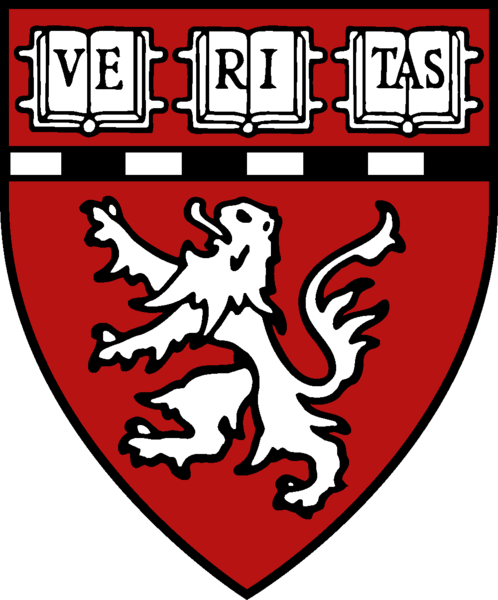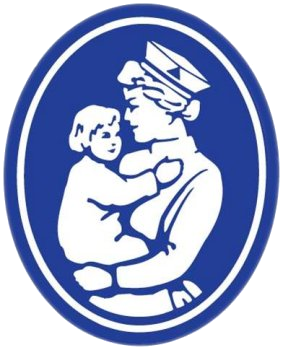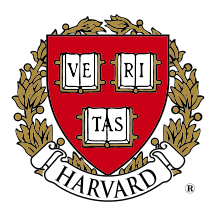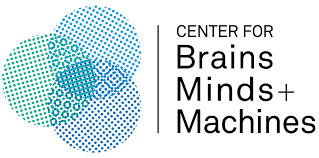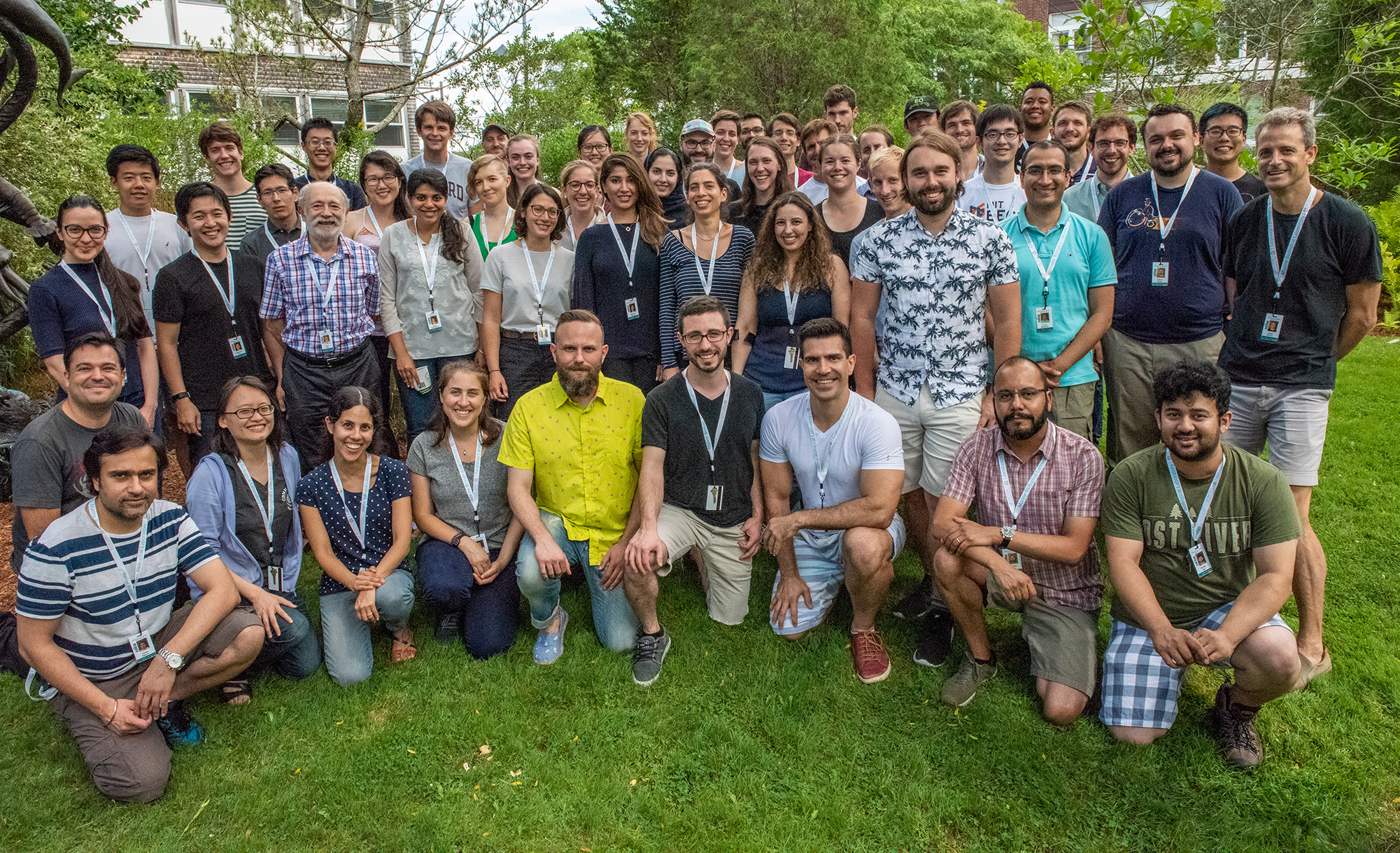For the latest and to stay up-to-date, you can follow Follow @gkreiman
Aug 4th -- Aug 25st, 2024
Please follow this link to register [Applications due 03/20/2024]
Course Description
The basis of intelligence – how the brain produces intelligent behavior and how we may be able to replicate intelligence in machines – is arguably the greatest problem in science and technology. To solve it, we will need to understand how human intelligence emerges from computations in neural circuits, with rigor sufficient to reproduce similar intelligent behavior in machines. Success in this endeavor ultimately will enable us to understand ourselves better, to produce smarter machines, and perhaps even to make ourselves smarter. Today’s AI technologies, such as Watson and Siri, are impressive, but their domain specificity and reliance on vast numbers of labeled examples are obvious limitations; few view this as brain-like or human intelligence. The synergistic combination of cognitive science, neurobiology, engineering, mathematics, and computer science holds the promise to build much more robust and sophisticated algorithms implemented in intelligent machines. The goal of this course is to help produce a community of leaders that is equally knowledgeable in neuroscience, cognitive science, and computer science and will lead the development of true biologically inspired AI.
The class discussions will cover a range of topics, including:
- Neuroscience: neurons and models
- Computational vision
- Biological vision
- Machine learning
- Bayesian inference
- Planning and motor control
- Memory
- Social cognition
- Inverse problems & well-posedness
- Audition and speech processing
- Natural language processing
These discussions will be complemented in the first week by MathCamps and NeuroCamps, to refresh the necessary background. Throughout the course, students will participate in workshops and tutorials to gain hands-on experience with these topics.
Core presentations will be given jointly by neuroscientists, cognitive scientists, and computer scientists. Lectures will be followed by afternoons of computational labs, with additional evening research seminars. To reinforce the theme of collaboration between (computer science + math) and (neuroscience + cognitive science), exercises and projects often will be performed in teams that combine students with both backgrounds.
The course will culminate with student presentations of their projects. These projects provide the opportunity for students to work closely with the resident faculty, to develop ideas that grow out of the lectures and seminars, and to connect these ideas with problems from the students’ own research at their home institutions.
This course aims to cross-educate computer engineers and neuroscientists; it is appropriate for graduate students, postdocs, and faculty in computer science or neuroscience. Students are expected to have a strong background in one discipline (such as neurobiology, physics, engineering, and mathematics). Our goal is to develop the science and the technology of intelligence and to help train a new generation of scientists that will leverage the progress in neuroscience, cognitive science, and computer science.
Course Speakers:
Jim DiCarlo, Robert Desimone, Winrich Freiwald, Leslie Kaelbing, Nancy Kanwisher, Boris Katz, Christof Koch, Gabriel Kreiman, Margaret Livingstone, Alexander Madry, Josh McDermott, Phillip Nelson, Pietro Perona, Tomaso Poggio, Lorenzo Rosasco, Thomas Serre, Haim Sompolinsky, Stefanie Tellex, Josh Tenenbaum, Antonio Torralba, Matt Wilson.
MIT Open Coursewar materials for Brains, Minds and Machines
Summer course tutorials and other resources
Links to previous editions of the summer course
